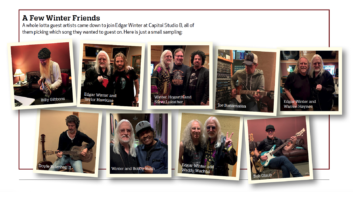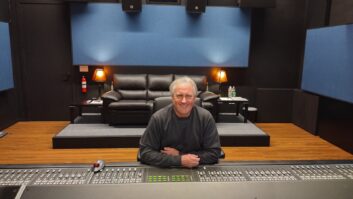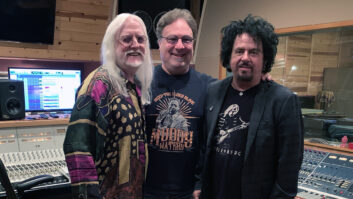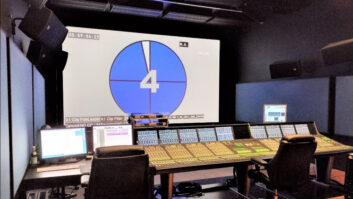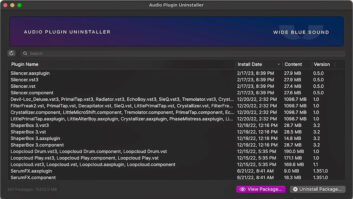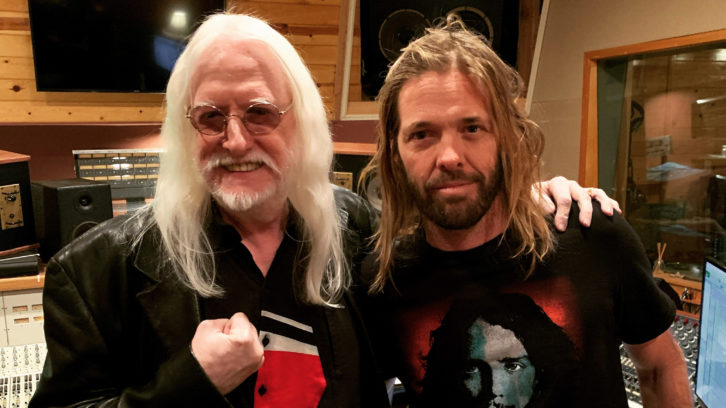
Edgar Winter knew that making a tribute album to his brother, Grammy-winning blues-rock singer and guitarist Johnny Winter, who passed away in 2014 while on tour in Europe, was going to be emotional. But for the most part, he says, “It was a joyous, uplifting, inspiring experience because I got to meet so many people that I had never had the opportunity to meet and play with. And they had so much love and respect for Johnny.”
Brother Johnny, a 17-song album to be released on April 22, nearly didn’t get made. because Winter felt that people were pressing him to release a tribute for the wrong reasons. But then, he says, his wife, Monique, persuaded him that the time was right. “She said, ‘You owe that acknowledgment to your brother, to yourself and to the world.’ Without her, I doubt that I would have undertaken this project.”
Then Bruce Quarto, president of Quarto Valley Records, offered his backing. “He wanted to make it for all the right reasons,” Winter says. “He loved Johnny’s music.”
The final puzzle piece fell into place when engineer and producer Ross Hogarth, with whom Winter worked in 2008, came on board. Winter explains: “Ross knows what works, how it works and why it works. I could not have done this record without him.”
The big question then became whether to make a straight-ahead blues record, like Johnny would have made, or a tribute based on Edgar’s personal favorites.
“I tried to make it a balance of both,” Winter says, “the record that I think Johnny would have wanted me to make. I never wanted to be in competition with Johnny, so I avoided the blues, but blues is my favorite music.” The resulting track list reflects some of the highlights from Johnny Winter’s record releases and stage shows over the years, both originals and covers, plus a couple of new songs written for the album by Edgar.
FIRST, PICK THE SONGS
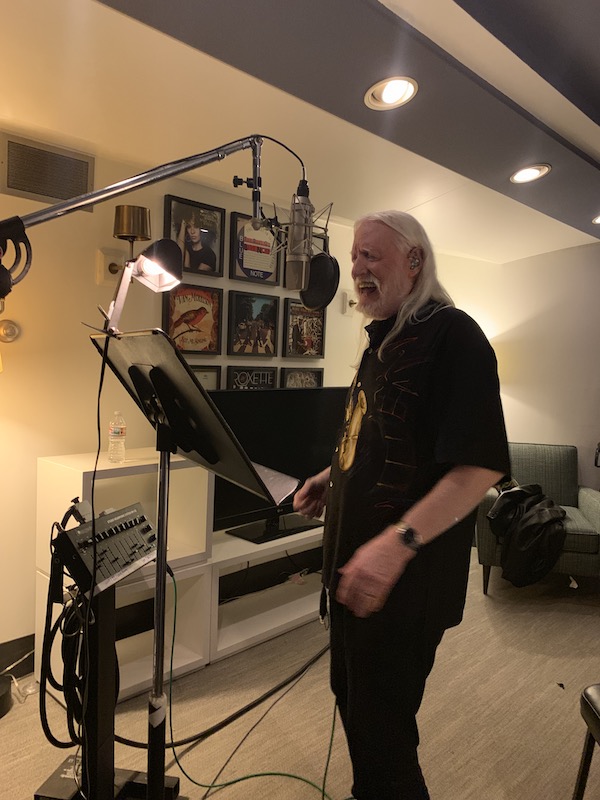
Hogarth empathized with Winter’s loss, he says, having lost his brother less than a year before Edgar approached him about the project in the summer of 2018. Plus, Hogarth says, while growing up, “My brother would drag me to the Capitol Theater and the Fillmore East to go and see Johnny or Edgar play. I told Edgar, ‘Your brother was such a huge part of my musical childhood, and my experience of my older brother.’”
Hogarth and Winter put their heads together and drew up a list of potential songs, then set about finding the right musicians to play on them. To begin, they recorded drums with Gregg Bissonette (he and Winter perform together with Ringo Starr & His All-Starr Band) in Studio B at Capitol Studios over the course of a week in early 2019. “I always wanted to record there. And that’s such a great sounding room,” Winter says.
Bissonette laid down his parts to scratch vocals and the piano tracks that Winter had initially recorded at his Winterland home studio. “I had to have a roadmap,” says Winter, a multi-instrumentalist who is adept at sax, keyboards, guitar, vocals and percussion. “I also suggested lots of drum parts. I had a very specific vision for what I thought these songs were going to be. Gregg laid down such great tracks, which became the foundation of the record.”
One tune that had to be on the album was “Johnny B. Goode,” the song that arguably kicked off both Winter brothers’ careers. In late 1959, while still in their early teens, their band, Johnny and the Jammers, won a day in the studio and a single release after placing first with a performance of the Chuck Berry classic at a talent contest in their native Beaumont, Texas. And the rest, as they say, is history.
NEXT, CALL A FEW FRIENDS
Brother Johnny features a veritable who’s who of guest musicians, too many to list here. Some had played with Johnny, some with Edgar, and many came out of co-producer Hogarth’s phone book.
“Part of the cathartic nature of the record for Edgar was to be part of it, in the room with the musicians going through their experience of Johnny and the music,” Hogarth says. “For me, it was also important to have a say in the sonic consistency.”
In many cases, Winter and Hogarth gave the guests their pick of the song list. “When I called Warren Haynes, he said, ‘You’ve got to set aside “Memory Pain” for me,’” Hogarth recalls. “Warren wasn’t going to be able to record for quite a few months, so we set aside a day off here in L.A. while Gov’t Mule was on tour so we could all be together.”
“There were certain people Johnny talked about that he loved, and Warren Haynes and Derek Trucks were two of them,” Winter adds. “Warren plugged in his guitar, walked up to the mic and played and sang that whole song in a single take, just the way Johnny would have done it with his blues trio. That’s a rare thing.”
